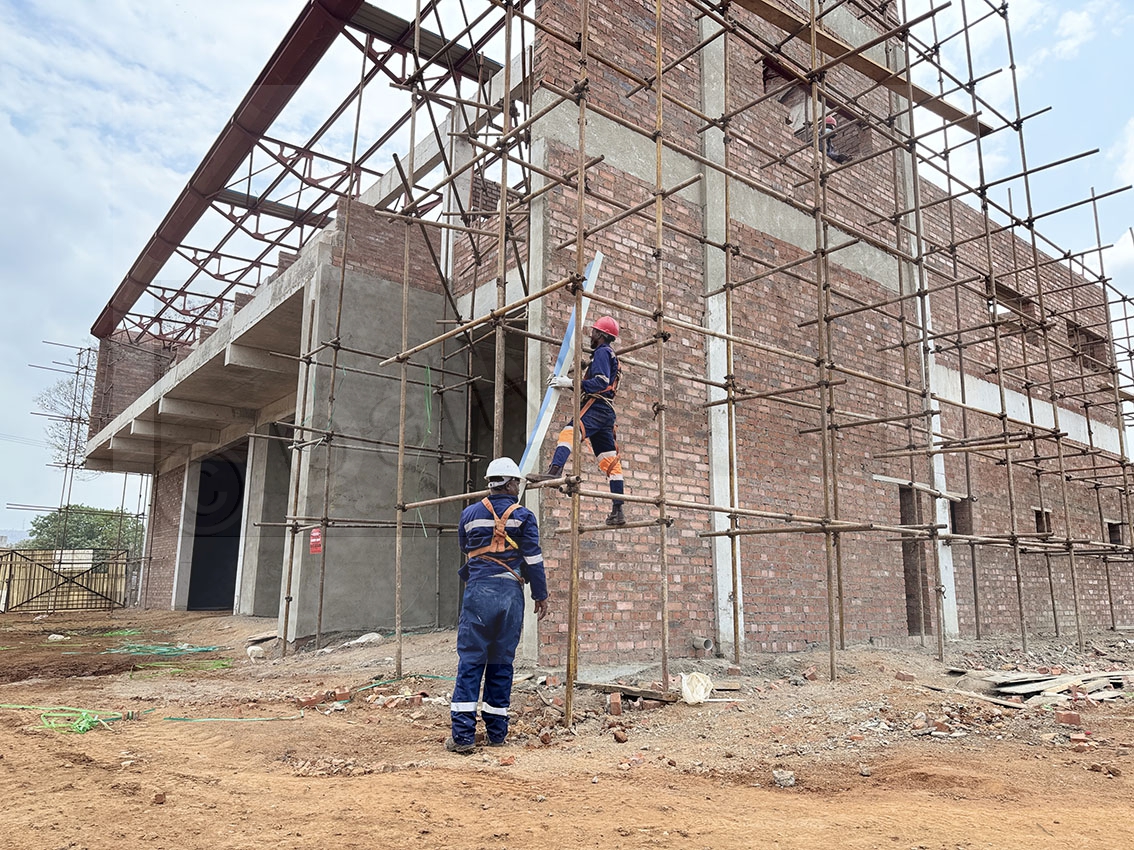Residents sceptical about register
01 Feb 2023
The register of re-stocking beneficiaries was derived from extensive assessment carried out among the communities that were affected by the rapid cross-border livestock rustling in some parts of Bobirwa.
Mr Joseph Kgabanyane from the Department of Social Protection said in an interview that many people were disqualified from benefiting from re-stocking due to their failure to demonstrate how they aligned with the livestock rustling in question.
It looks like some people had identified an opportunity and took their chances.
However, Mr Kgabanyane encouraged such people to seek other government social programmes to uplift their lives.
Mr Kgabanyane’s interview instigated by complaints by some members of communities of MASEGO (Mabolwe, Semolale and Gobojango) and Lepokole who questioned the low number of people registered to benefit from the re-stocking exercise.
From MASEGO to Lepokole, people argued that the 228 people registered to benefit from the impending re-stocking exercise was not reflective of the magnitude and severity of the problem.
In fact, the farmers from the aforementioned villages, including cattleposts and ploughing areas, have argued vehemently that the figure in question undermines the severity of the problem that engulfed them for more than 40 uninterrupted years.
The re-stocking and other interventions as psyco-social support rendered to the members of the affected communities were born from the Gabriel Seeletso commission of inquiry into the cross-border livestock rustling in Bobirwa.
One of their causes was to establish the extent of damage of the scourge. “The commission recommended that the communities be assisted as they have been seriously affected by the loss of their livestock through cross-border theft,” Mr Kgabanyane said.
Resultantly, government formulated a committee that analysed the kind of assistance the farmers and dependents would require beyond the commission, Mr Kgabanyane said.
The committee was led by Central District Council’s social and community development unit and covered a wide area.
In devising the kind of assistance that the affected farmers and communities would need, the committee met and engaged with community leaders as in dikgosi, village extension teams and village development committees at Ark and Mak, a few kilometres from Motlhabaneng.
After assessment, the committee then met with officials from the Ministry of Agriculture to look into the re-stocking exercise.
“Actually, they had initially assisted us with determining and verifying exactly who, among the claimants, had livestock prior to the exercise,” Mr Kgabanyane said about the input of officers from the ministry.
Mr Kgabanyane clarified that the committee only went as far as a year or two back in assessing potential beneficiaries of their interventions, saying those who lost their livestock many years back should by now be coping.
However, farmers, during kgotla meetings in their villages, agitated for publicising of the names of the beneficiaries of re-stocking. None of them complained about pysco-social support or any other support rendered.
They were anxious to know if they had made the cut.
They said that the figure was neither exhaustive nor representative of the magnitude of the problem and the number of affected farmers.
A common argument at the villages was that the 228 figure could suffice only for one village.
Although Mr Kgabanyane said that they intervened for livestock lost not so long ago, farmers wanted the matter stretched many years back.
Some did not report their stolen livestock then. In their arguments, it was a futile exercise. Impotent. Stolen livestock was hardly recovered, they claimed.
In support of his electorate, area MP, Mr Taolo Lucas suggested that there be a second phase of registration for re-stocking to address the widespread complaints.
However, he suggested that the 228 be allowed to benefit while the rest agitate for another list that would cover those left out.
One Odirile Mmolawa alleged that there were some farmers from the 228 list who were asked to re-register, a move that threw confusion at the farmers.
There is another dimension to the whole scenario. Mr Matshidiso Mapetla of Gobojango asked if farmers whose cattle were recovered from Zimbabwe, killed as a precaution against Foot and Mouth Disease stood a chance to benefit.
Mr Mapetla said that the P200 compensation per head could not aid re-stocking as the amount could not even purchase a goat then. He said that many farmers who lost their cattle at the time could not recollect the exact numbers.
At Semolale, Mr Sir-Wonder Masebola asked, “Who submitted that list? Where did they get that list from?”
Mr Masebola also alleged that the list was a kept secret. That as it may, Mr Kgabanyane said that the exercise was done in good faith and open secrecy. Ends
Source : BOPA
Author : Manowe Motsaathebe
Location : GOBOJANGO
Event : Interview
Date : 01 Feb 2023





